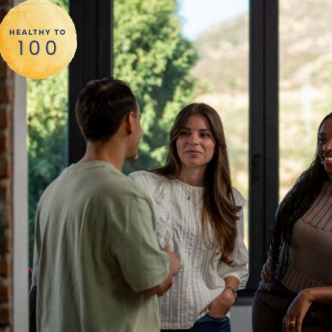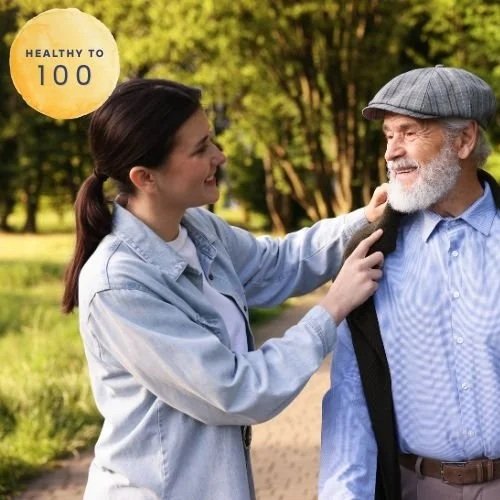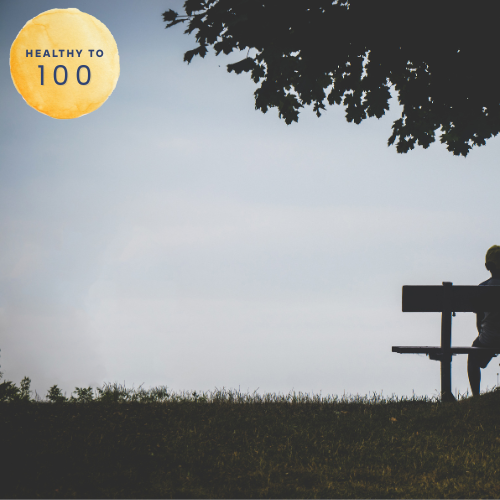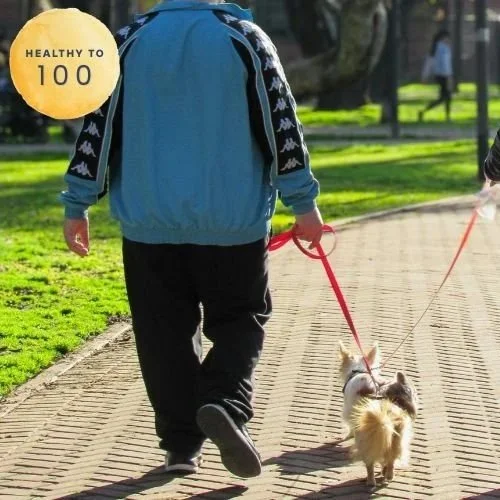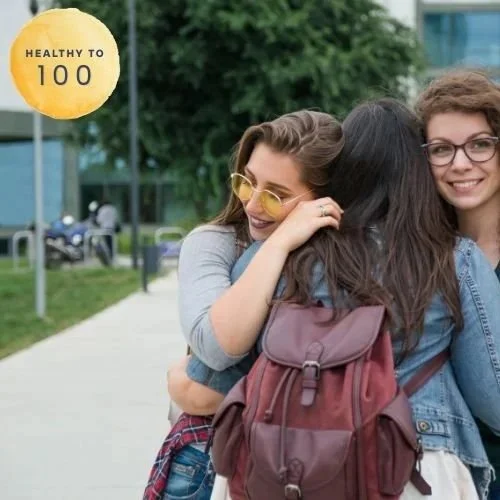ABOUT THE NEWSLETTER:
Social connection is a lot like the weather - we all talk about it, but no one does anything about it. This newsletter is here to change that: to raise awareness about the importance of connection and create a space for real conversation. We hope you enjoy.
Subscribe below to receive Healthy to 100: The Science of Social Connection in your inbox every Monday!
every monday, you will receive:
ASK KEN
Your social connection questions, Ken’s expert advice
ARTICLE OF THE WEEK
Your weekly dose of social connection insights
THIS WEEK IN SOCIAL CONNECTION
Real stories and events this week in the world of social connection
PREVIOUS NEWSLETTERS:
Subscribe below to receive Healthy to 100: The Science of Social Connection in your inbox every Monday!






